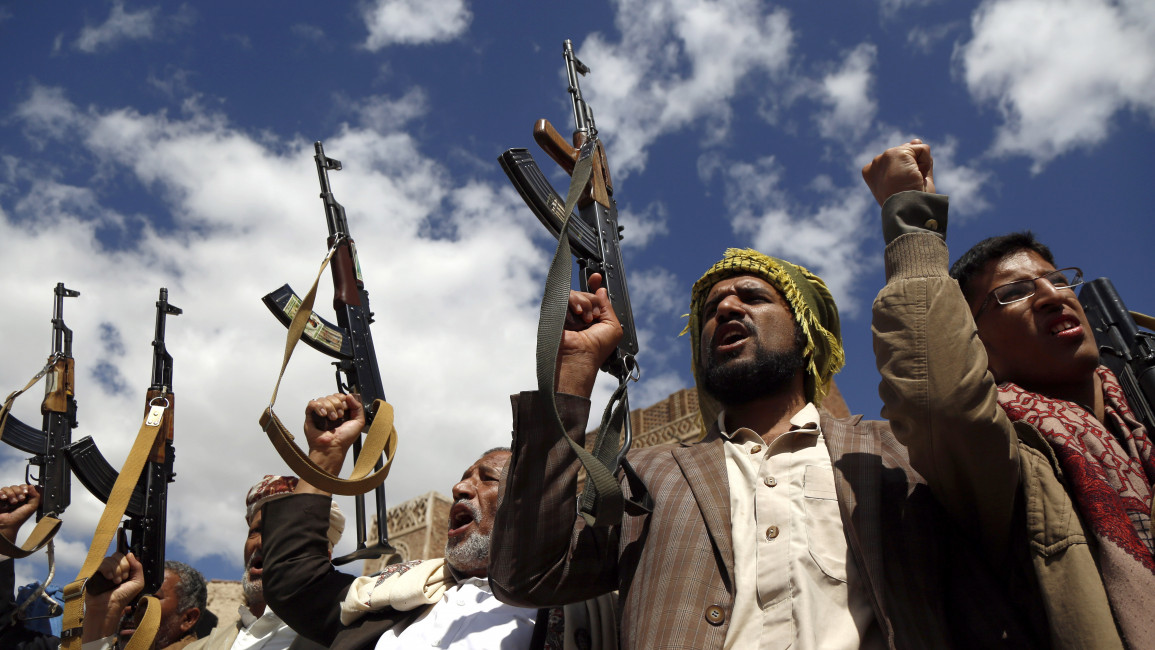Yemen rebel chief warns against 'missing' ceasefire chance
Yemeni rebel leader Abdelmalek al-Houthi on Monday warned the Saudi-led military coalition against "missing" the chance for a ceasefire declared by the rebels two days earlier.
The Houthi rebels had announced Saturday a three-day truce with the Saudi-led coalition, a day after they launched a wave of cross-border drone and missile strikes on Saudi targets.
The Saudi-led coalition intervened in Yemen in 2015 to prop up the internationally recognised government after the Iran-backed Houthis seized the capital Sanaa the year before.
In a speech broadcast on the rebels' Al-Masirah television network ahead of the start of the Muslim holy month of Ramadan, al-Houthi said the rebels "will spare no effort to confront the aggression and siege".
"You will regret missing out" on the ceasefire, he said, adding that the coalition members would not be spared further strikes unless they "stop the aggression, lift the siege and end the occupation" of Yemen.
Since 2016, the coalition has enforced an air and sea blockade of rebel-held territory in Yemen.
The coalition has yet to comment on the ceasefire, but launched air strikes on Yemen just hours after the rebels announced it.
On Friday, the rebels launched a plethora of strikes on Saudi Arabia, turning an oil plant near Jeddah's Formula One track into a raging inferno.
Yemen's seven-year conflict has killed hundreds of thousands of people directly or indirectly and displaced millions, creating what the United Nations calls the world's worst humanitarian crisis.
The six-nation Gulf Cooperation Council earlier this month proposed hosting negotiations between Yemen's warring factions in Riyadh, from March 29 to April 7.
But the rebels responded by saying that while they were open to resolving the conflict peacefully, they would not participate in dialogue "in enemy countries".


![Minnesota Tim Walz is working to court Muslim voters. [Getty]](/sites/default/files/styles/image_684x385/public/2169747529.jpeg?h=a5f2f23a&itok=b63Wif2V)




![Debris near Rafic Hariri International Airport [Getty]](/sites/default/files/styles/image_330x185/public/2176162423.jpeg?h=a5f2f23a&itok=MCSK9mkM)
![An Israeli air strike on Jabalia killed teenage journalist Hassan Hamad [Screengrab/X]](/sites/default/files/styles/image_212x120/public/2024-10/hassan%20hamad1.jpg?h=c12e0b96&itok=KstD_5xk)
